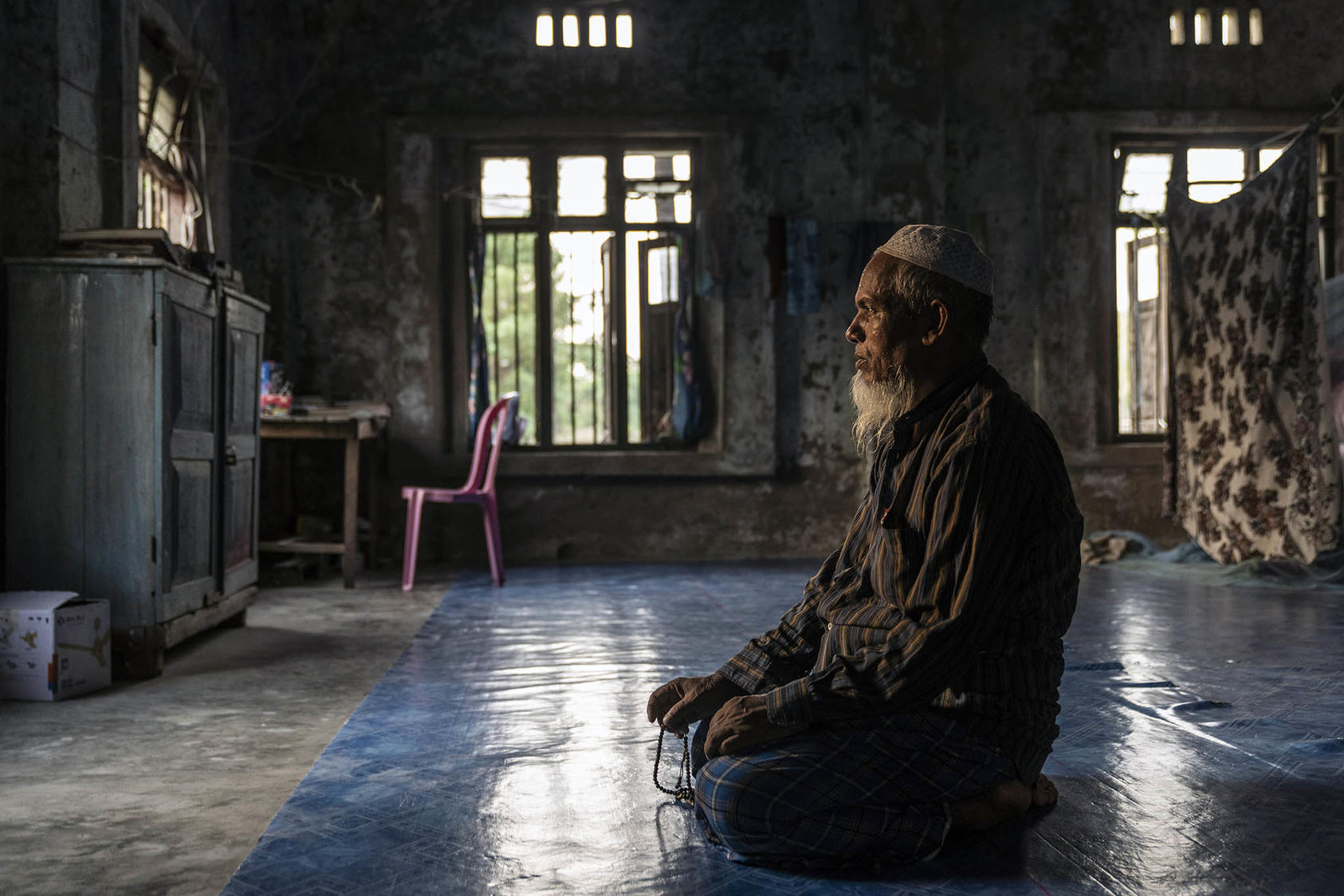Maintaining International Religious Freedom as a Central Tenet of U.S. National Security
In 2021–22, USIP’s Religion and Inclusive Societies Program convened a bipartisan working group of advocates, academics, and former government officials to discuss how the United States can advance global peace and stability by embracing international religious freedom as a major pillar of its diplomatic engagement. This report, written by the working group’s co-chairs, examines the history of the US commitment to international religious freedom and the challenges to ensuring that it remains a central tenet of US foreign policy and national security.

Summary
- The international dimensions of religious freedom work often concern matters of physical safety, life, and death for targeted groups and are therefore different in nature from most US domestic debates about religious freedom.
- The promotion of international religious freedom will find the greatest support when grounded in core, broadly shared US priorities relating to national security, while reflecting American values and history.
- Given the shared nature of the challenges they face, proponents of religious freedom should explore opportunities to work in partnership with diverse groups at risk around the world, including, for example, with ethnic minority groups and LGBTQI+ communities.
- As the United States works to support democracy around the world, religious freedom—a core component of liberal democracy—should be an integral part of that effort.
- In efforts to protect and promote religious freedom abroad, the United States should employ the full set of available policy tools—including sanctions—to promote human rights, the rule of law, and political pluralism.
- In addition to taking action when countries challenge religious freedoms, the United States should actively seek opportunities to work with civil society in promoting tolerance, mutual respect, and peace.
About the Report
In 2021–22, the Religion and Inclusive Societies Program at the United States Institute of Peace (USIP) convened a Working Group on US International Religious Freedom Promotion to Advance Peace and Stability. This report summarizes the group’s discussions and proposes recommendations, formulated by the working group’s co-chairs, for promoting international religious freedom as a key component of American national security and peacebuilding.
About the Authors
Knox Thames is a senior visiting expert with the Middle East Program at USIP and previously served as the US State Department’s special advisor for religious minorities in the Near East and South/Central Asia and as director of policy and research at the US Commission on International Religious Freedom. Peter Mandaville is a senior advisor with the Religion and Inclusive Societies Program at USIP and professor at George Mason University. He previously served as a senior advisor at the US State Department.
Emily Scolaro, a doctoral student in anthropology at the University of North Carolina at Chapel Hill, supported the working group and its co-chairs in her role as a research assistant for the Religion and Inclusive Societies Program at USIP.



